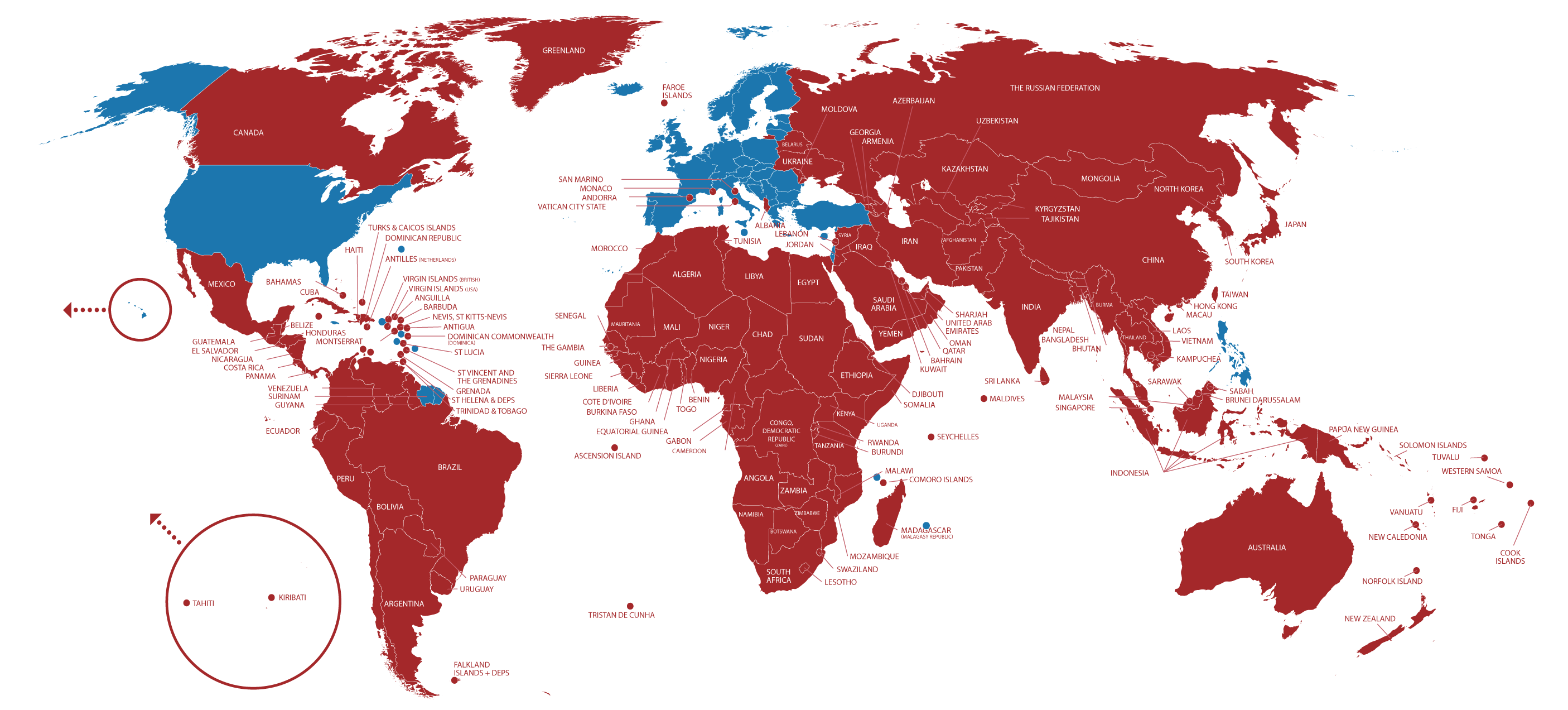The Problem
450,000 British pensioners, 3.5% of all recipients of the State Pension and half the pensioners living overseas, are currently adversely affected by the Government’s ‘frozen’ pensions policy.
This means that rather than the annual uprating received by UK pensioners, their pension is frozen at the level first received for the rest of their life abroad. In practice, this means that their state pension decreases in real terms year-on-year.
- To give an example, a pensioner aged 90 who has lived in a frozen country for all of their retirement would now still get a state pension of just £64.70 per week. If they had lived in the UK, they would currently receive £156.20.
- As a further example, a pensioner aged 72 who became pensionable in a frozen country in 2016 would receive a state pension of £119.30 per week. This is in stark contrast to the £203.85 they would be receiving in the UK under the new state pension.
More than 90% of the ‘frozen’ pensioners live in Commonwealth countries, many in Australia, Canada, South Africa and New Zealand, but also India, Pakistan, Bangladesh, many Caribbean islands and all African countries. The countries where the pension is increased each year include the USA, all EU countries, Barbados, Bermuda, Israel, Jamaica, Mauritius, the Philippines.
The APPG on Frozen British Pensions believe that the current policy is unjust. This has several dimensions:
- The contributory nature of that State Pension, and therefore the injustice of the current situation for pensioners who have made NI contributions in anticipation of a state pension in their retirement, but for whom entitlement is so varied.
- The unequal application of the frozen pension policy due to increasingly anachronistic bilateral arrangements with some countries and not others.
- The financial and social impact on those who moved abroad historically, who have seen their real terms income fall year on year. This causes loss of independence, increasing dependency on families and in some cases forces people to return to the UK to live alone.
- The barrier to emigration impact of frozen pensions on those approaching retirement in the UK. This is increasingly impacting ethnic minority communities with cultural links to the Commonwealth, adding a further layer of discrimination.

